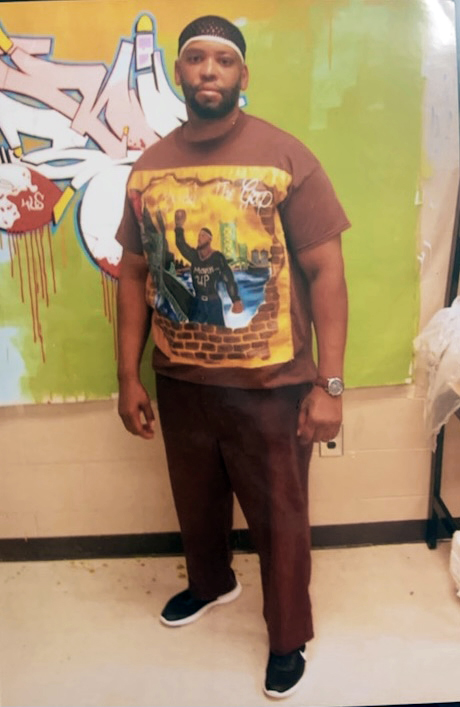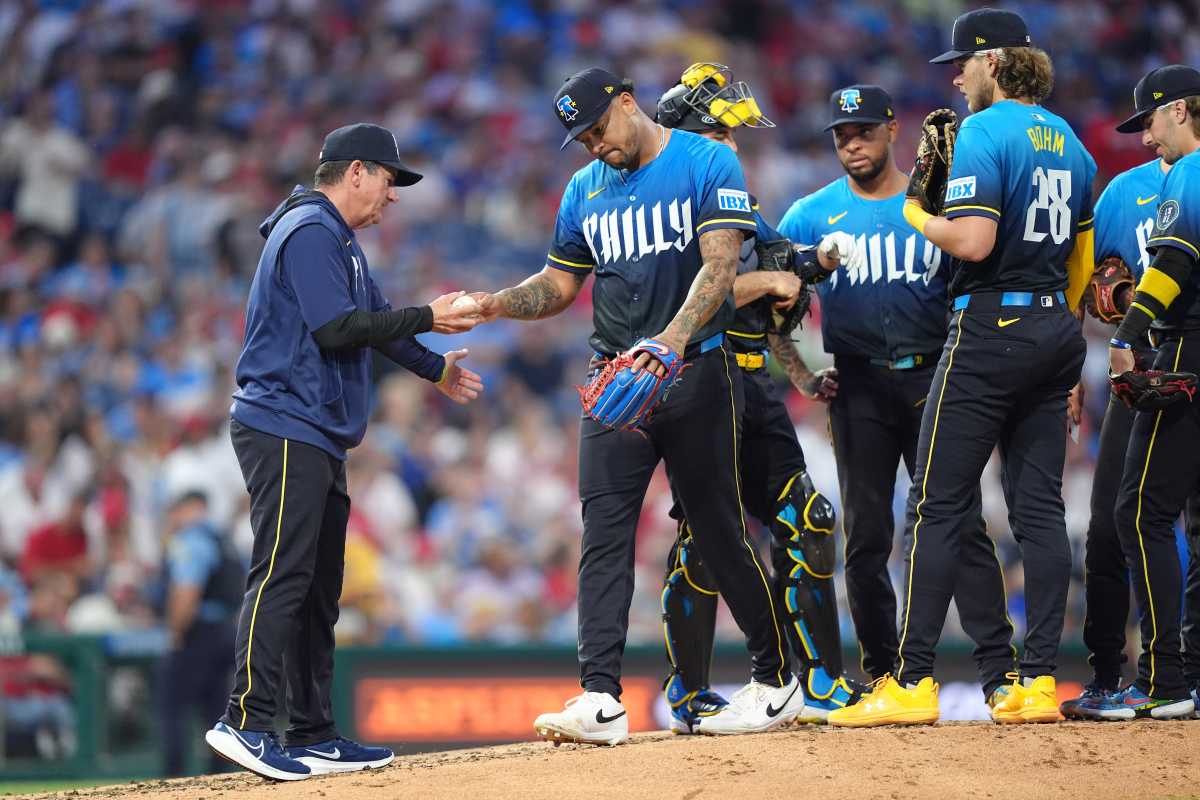In 2017, the only eyewitness to the murder of Jhon Su Kang—the much-beloved owner of Point Breeze’s Salt & Pepper Deli—came forward to exonerate Tyree Wallace. Almost two decades earlier, a court found Wallace guilty of second-degree murder, sentencing him to life in prison based on now-recanted or disproven testimony, which witnesses state was the result of police intimidation and overzealous prosecution.
After spending decades in prison, Tyree Wallace found something that remains elusive to so many people behind bars — hope.
But if the arc of justice bends toward good, it does so at a glacial pace. The appeals process took another two years, which was enough time for the only witness to the murder of Kang to lose his nerve and disappear. In 2019, a judge gave Wallace 30 additional days to locate his witness before tossing the case, which, in effect, nullified the exonerating evidence from further use.
“I made a passionate plea to [the judge],” said Wallace. “My mother has just passed, my father has just passed. My sister and all of these people are here supporting me. Where do we find justice? She said to me, verbatim, ‘Mr. Wallace, you probably aren’t [guilty]. But if you can’t find another piece of evidence, other than this, I don’t know what to do for you.”
On Nov. 30, 1999, Wallace was found guilty of second-degree murder for his involvement in the robbery and murder of Kang. According to court documents, on Oct. 27, 1997, Kang closed the Salt & Pepper Deli at 1640 Ellsworth Street, shortly before 10 p.m. He then walked to his car carrying a paper bag. That is when police say Wallace and Raheem Shackleford approached and shot him, stealing the bag.
Wallace says he has never forgotten that the first tragedy in all of this was and remains the death of Kang, a man who gave Wallace’s family food when they were hungry and protected him from bullies as a child.
Wallace is a dedicated man of faith who spends his time on social justice projects. In prison, he founded a peer support and empowerment group called the MANN UP Association, the social impact organization Men of Action, and the Pennsylvania Lifers Association.
According to Assata Thomas, the director of the Institute for Community Justice at Philadelphia Fight, an organization dedicated to helping individuals and families affected by mass incarceration, Wallace is a servant-leader who always thinks about others first before himself.
“Having the opportunity to meet and know Tyree has led me to meet so many other persons behind the wall,” said Thomas. “There is a direct and intentional system in place to hide the public from the brilliance, the integrity that is behind the walls.”
But as Thomas, the ICJ, the Pennsylvania Innocence Project, and countless other supporters of Wallace will note, he is a victim, too. Wallace was 19-years-old when Kang was murdered in 1997. Supporters say he was a target of corrupt police, a prosecutorial system that rewards winning over being right, and a country that commits violence against African American men by putting them in prison at astronomical rates.
Wallace’s original conviction came through the testimony of three witnesses. Yet, a later investigation by the PA Innocence Project found that police and prosecutors procured that testimony through coercion, intimidation, and promises of lighter sentences for other infractions. One witness recanted almost immediately, asking the bailiff what the penalty would be for perjury. A decade later, another witness recanted but was deemed unfit to take the stand. At least four new witnesses have put the final piece of evidence into doubt.
In an attempt to clean house, District Attorney Larry Krasner fired Wallace’s prosecutor in 2018. One of the investigating detectives was responsible for sending another, now exonerated man to prison for life. And according to Wallace, another detective at the time said he knew Wallace didn’t commit the crime — but he didn’t care.
“Part of the issue going on with criminal justice, with wrongful conviction, policing, these type of things is that we attempt to individualize things,” Wallace said. “It’s a dangerous portrayal. The reason why is that it is not the individuals that matter, it’s the system’s ability to facilitate these things that matter.”
As the people around Wallace — his family, the ICJ, the Innocence Project — continue to fight for his freedom, he keeps working for change. Recently, he launched a nonprofit organization called Systemic Reformative Change, or SRC, which seeks to challenge the systems that benefit from over-incarceration, gun violence, and more. And one day, he hopes to continue the project on the outside.
“I’m going to get to work almost immediately [when I’m free] because they have kept me incarcerated for 23 years for a crime which I had no involvement in and every day of that 23 years, they have given it to me in some way shape form or fashion,” Wallace said. “And I want to get to work on how we change the system.”
To learn more about or show support for Tyree Wallace, go to freetyreewallace.com or sign the Change.org petition at change.org/p/conviction-integrity-unit-release-wrongfully-convicted-man


































